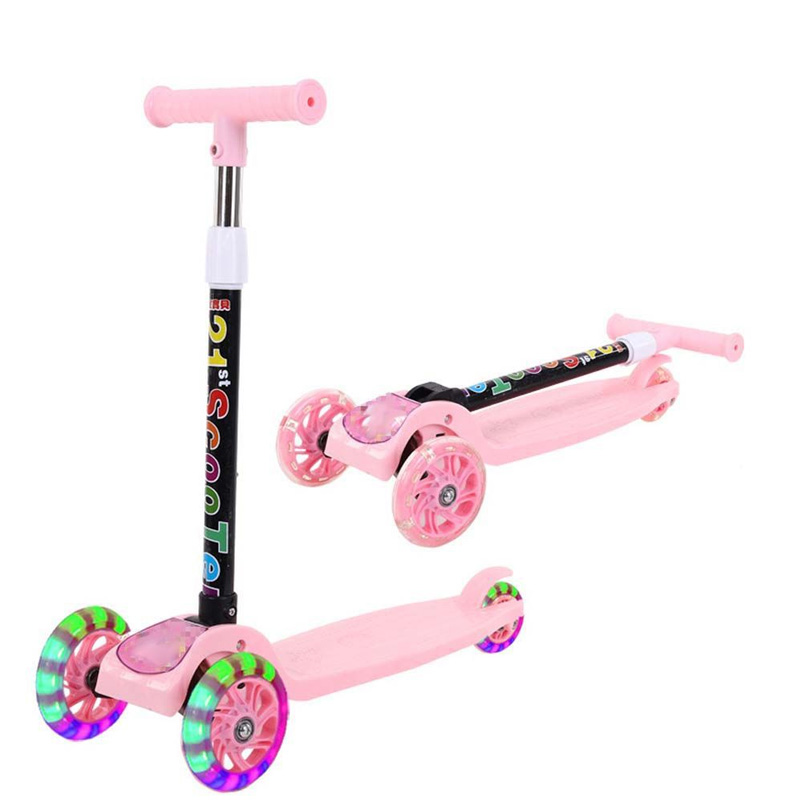The Viral Phenomenon of the Lehuo Fat Kid on a Scooter Meme
In the vast landscape of internet culture, memes have become an integral part of how we communicate, share humor, and express our opinions. One standout example that has captured the attention of millions is the Lehuo Fat Kid on a Scooter meme. This meme not only showcases the creativity of internet users but also reflects social commentary, identification of common experiences, and the power of humor.
A Brief Overview of the Meme
The Lehuo Fat Kid on a Scooter meme features a chubby child riding a scooter with a carefree and exuberant expression. The image, which resonates with feelings of nostalgia and innocence, is accompanied by humorous captions that often juxtapose this carefree spirit against the backdrop of adult responsibilities and societal pressures. The kid's joyful demeanor stands in stark contrast to the often mundane or stressful nature of adult life, making the meme relatable to a wide audience.
The origins of the meme can be traced back to various social media platforms, particularly Twitter, Instagram, and TikTok, where users began sharing images and videos of the child, using them to depict their own experiences of joy amidst life's complexities. The image quickly became a symbol of liberation and happiness, showcasing the simple pleasure of being young and carefree.
Influence and Evolution
Like many successful memes, the Lehuo Fat Kid on a Scooter has undergone a transformation since its inception. Initially, it was primarily shared in a humorous context, but over time, its use has evolved. Today, the meme is often leveraged in discussions surrounding body positivity, self-acceptance, and the importance of enjoying life regardless of societal expectations.
lehuo fat kid on a scooter meme

Social media users have taken the image and recontextualized it in various ways. For instance, it is often paired with captions that highlight everyday struggles, such as dealing with work stress or navigating the complexities of adult relationships. This versatility is a testament to the meme's strength; it can be both a source of laughter and a powerful message about embracing one's identity and enjoying life.
Cultural Commentary
The Lehuo Fat Kid on a Scooter meme also serves as a robust cultural commentary. In a society that often prioritizes unrealistic body standards and the hustle culture, the image of a joyful child riding a scooter symbolizes freedom and the importance of not taking life too seriously. The juxtaposition of a carefree child and the weighty responsibilities of adulthood can elicit reflection on the pressures many feel to conform to certain standards or expectations.
Moreover, the meme resonates with themes of nostalgia, reminding us of the simpler times of childhood when joy was found in the little things, and societal judgments were less prominent. As adults, we often yearn for a return to that innocence and simplicity, making this meme particularly poignant.
Conclusion The Power of Memes
The Lehuo Fat Kid on a Scooter meme exemplifies the power of internet culture to create connections among individuals based on shared experiences and humor. In a world that can often feel isolating and stressful, this meme serves as a reminder to embrace life's simple joys and to find laughter even in the face of adversity.
As we continue to navigate through a digital age that is constantly evolving, memes like this one will likely remain a staple of internet culture. They not only provide a lens through which to view societal norms and expectations but also create a sense of community among those who share in the laughter and relatability. So the next time you see the Lehuo Fat Kid on a Scooter, remember that it’s not just a funny image; it represents a celebration of life, joy, and perhaps, the inner child that resides within us all.
-

 Scoot&RideKids Child Kick Push Scooter 3 Wheels with LED Flashing Tilt Lean Boys Girls Scooter
Scoot&RideKids Child Kick Push Scooter 3 Wheels with LED Flashing Tilt Lean Boys Girls Scooter




- 4
$33.17 -

 Scoot&RideKids Scooter Child Kick Flashing LED Light Up 3 Wheel Push Adjustable Folding 3
Scoot&RideKids Scooter Child Kick Flashing LED Light Up 3 Wheel Push Adjustable Folding 3- 0
$25.52 -

 Scoot&RideKids Scooter Child Kick Flashing LED Light Up 3 Wheel Push Adjustable Folding 2
Scoot&RideKids Scooter Child Kick Flashing LED Light Up 3 Wheel Push Adjustable Folding 2- 0
$33.17 -

 Scoot&RideKids Scooter Teens Foldable Kick Push Scooter Adjustable Height Safe 2 Wheels
Scoot&RideKids Scooter Teens Foldable Kick Push Scooter Adjustable Height Safe 2 Wheels




- 4
$49.99
Meet our partners and discover what powers their creativity!
When you register for a Lohas scooter, you will receive a 10% discount on your first order and can be notified of sales, new product launches and other offers in advance.









